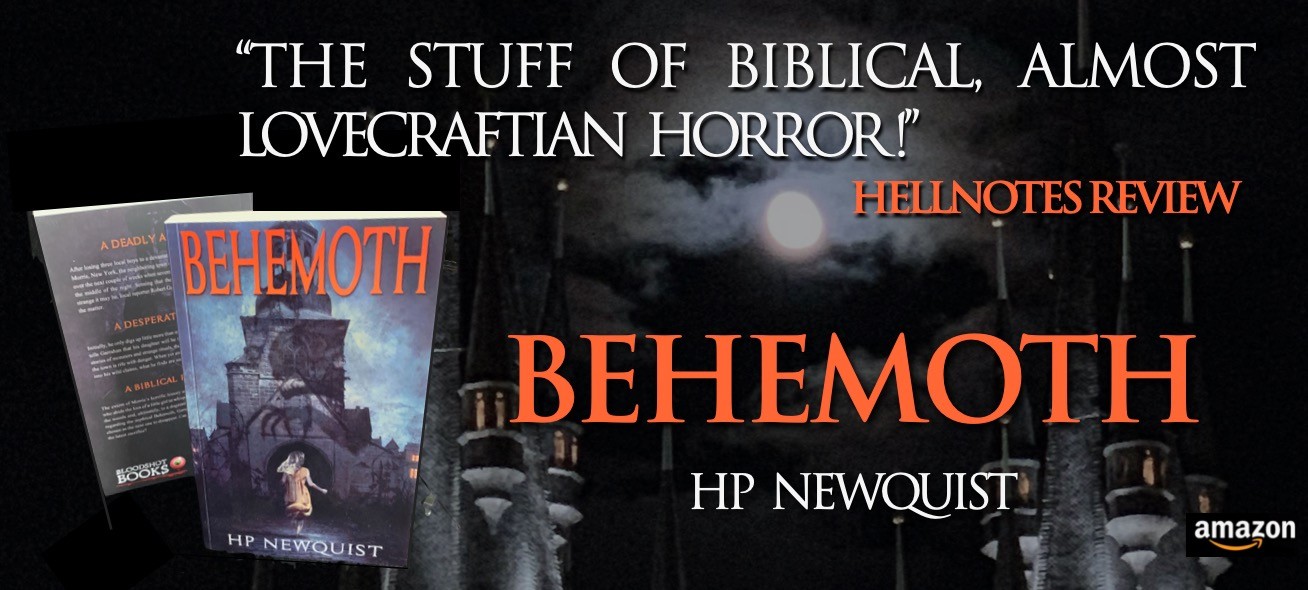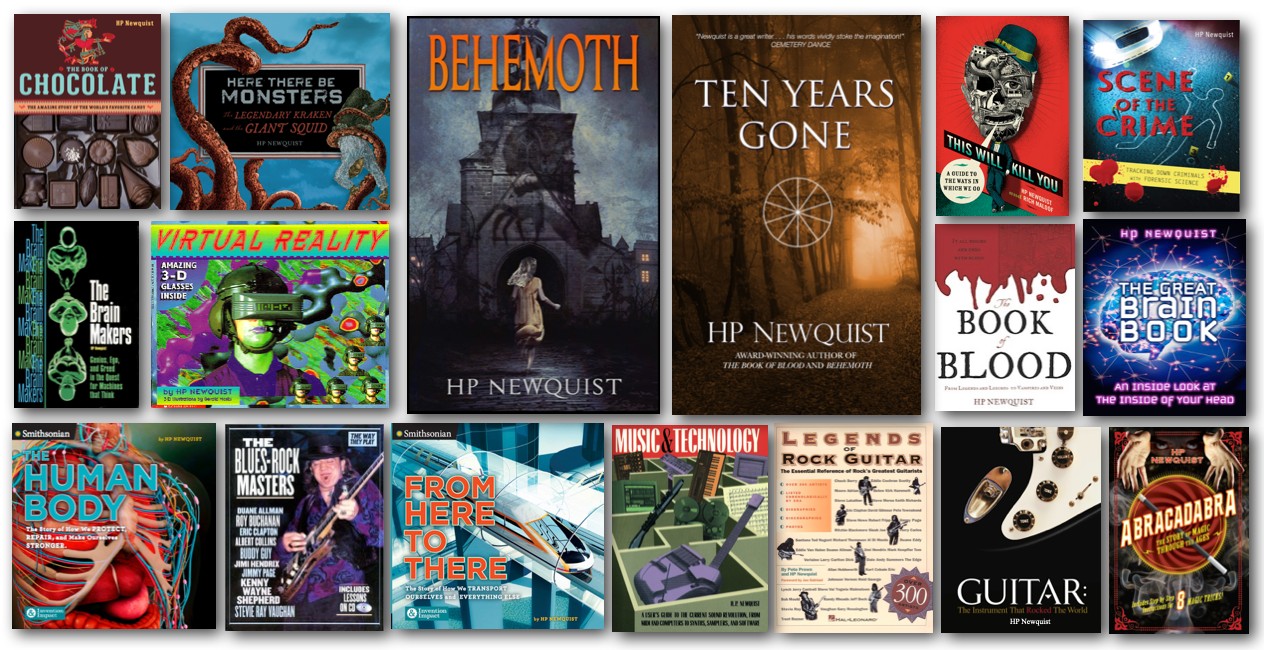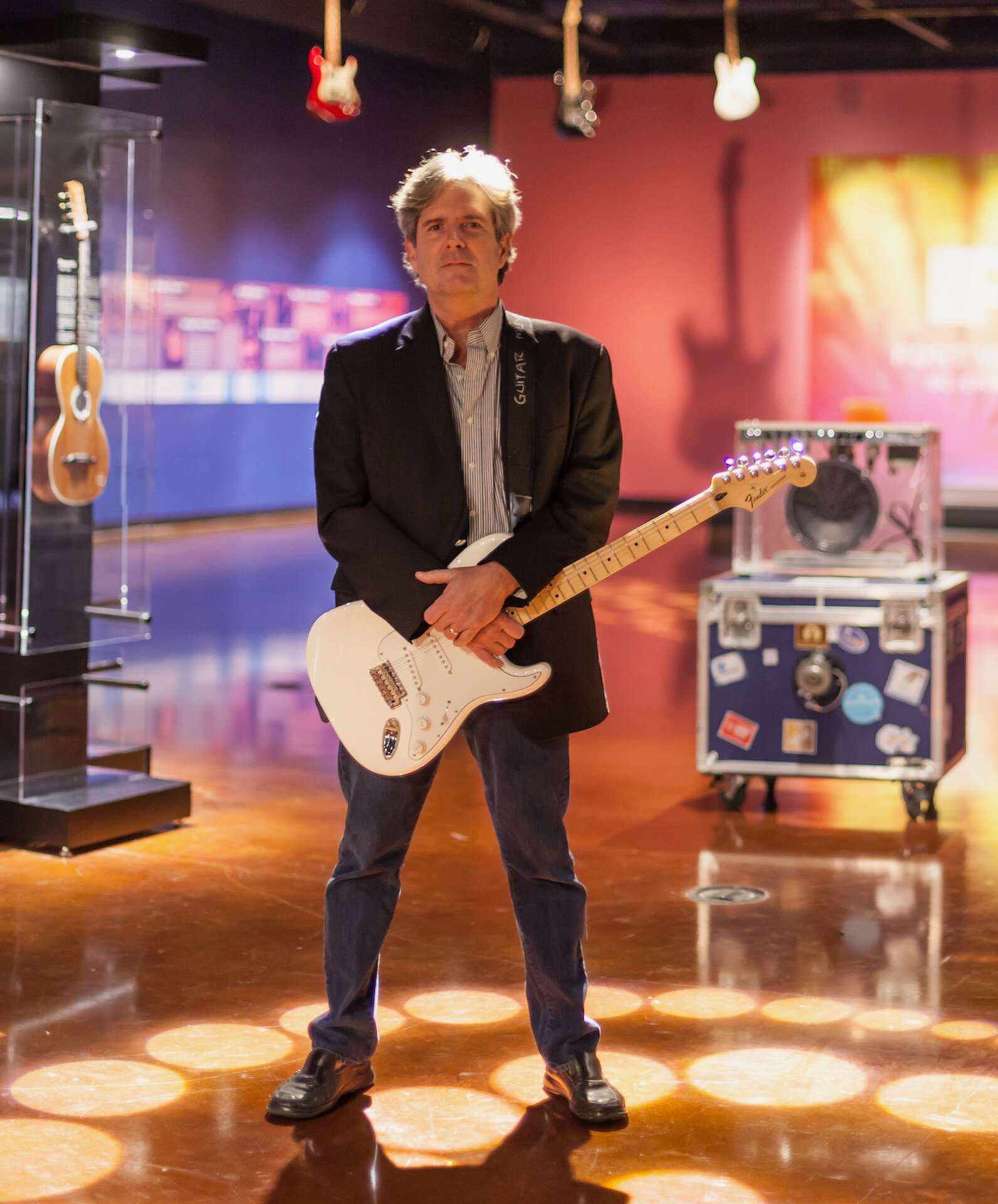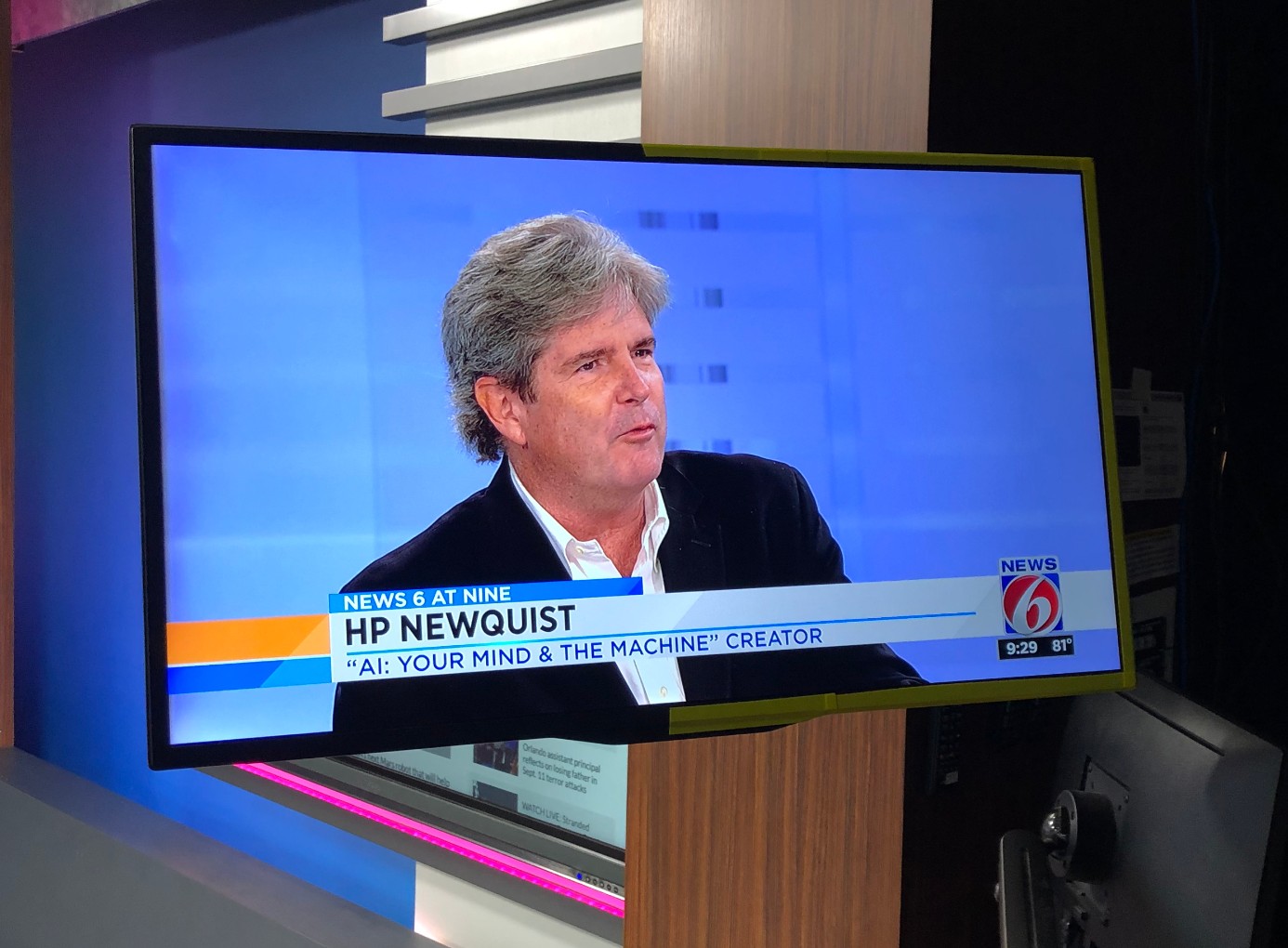We were lucky to catch up with HP Newquist recently and have shared our conversation below.
HP, thanks for taking the time to share your stories with us today Was there an experience or lesson you learned at a previous job that’s benefited your career afterwards?
In every job I had within an organization, the critical thing I learned–and observed–was what NOT to do. From peer interactions and handling tasks on to quality of work, it was evident that many people simply did not put in the effort or were not self-aware enough to understand why success eluded them. It’s relatively easy to find someone who does a great job, and want to emulate them, but it’s perhaps more important to identify and eliminate characteristics that you don’t ever want to incorporate in your own life. Being ungrateful, ignoring the contributions of others, and general disrespect are all significant obstacles to your own progress. You can see this occurring on a regular basis in any organization, and you can often identify the people who are behind it.

As always, we appreciate you sharing your insights and we’ve got a few more questions for you, but before we get to all of that can you take a minute to introduce yourself and give our readers some of your back background and context?
Most of my work is writing books. I’ve written over 30 books to date, both non-fiction and novels, I started by writing magazine articles on artificial intelligence (back when magazines were the dominant print media), and established myself as someone who produced well-researched and well-written content. I became a known quantity, and publishers knew I was reliable.
While writing is a solitary endeavor, by and large, I’m often asked to write on specific subjects by my publishers. This means being open to collaboration–which means a lot of listening. I know many people who gave up on writing because they weren’t getting calls from agents or publishers. That’s due in large part to the fact that they didn’t listen to their clients or were completely inflexible when it came to crafting the final version of their writing. Listening is one of the two most important parts of the job, along with delivering quality at every step along the way. Again, I know plenty of writers who submit a thoroughly horrific proposal or first draft and expect that their client “will see the underlying strengths” despite the shoddiness of the work. That’s utter bullshit. If it’s not good enough for you to take pride in it the first go-round, then don’t bother. Because ultimately your client won’t bother, either.
This also applies to my recent work in curating museum exhibits. There is a great deal of similarity that can be found in crafting a novel and developing a single museum exhibit, especially when it comes to meeting deadlines, and making sure that the end result meets–or exceeds–expectations.


What’s the most rewarding aspect of being a creative in your experience?
There are two elements to this. The first is obviously seeing something you created as a finished entity, whether that be a book, a piece of music, an illustration, a photograph, etc. There is an immense amount of satisfaction in seeing or hearing something that emerged from your brain as something tangible–and finished. The second component, to my mind, is discovering the ways to make that end result a reality. Piecing together the ways to solve a problem, or to come up with a new and unique idea, is part of every creative endeavor. It’s rewarding in its own way because you’ve found ways to meld your own thoughts with the medium that you’re working with (and thus bringing it to life, as it were), as well as meeting goals of a client–or your own inner taskmaster.
![]()

How about pivoting – can you share the story of a time you’ve had to pivot?
I was fortunate enough a decade ago to have all of of my book proposals picked up by publishers. At one point, my agent said that so many of my books were in the publishing pipeline that we couldn’t keep adding new proposals; the publishers already had several of my books still waiting to be published over the next few years. In effect, I was a victim of my books’ popularity as my publishers had enough to keep them busy for the immediate future. Producing the books would keep them busy, but it wouldn’t keep me busy. I knew I had a window of about a year before we could go back to the book market, and I needed something to keep me and my business operational. A series of chance encounters led me to the idea to develop a traveling museum exhibit on guitars (I had been Editor-In-Chief of GUITAR Magazine years before). After finding out that no one had ever done that, I began researching the possibilities in the same way I researched ideas for my books: explore the history, context, cultural importance, etc.
The development process bore many similarities to writing a book, but that’s where the similarities ended. Convincing the museum community that my idea had merit was significantly different from pitching a book (which was my agent’s job). It took a year longer than I expected to get the business fully up to speed, mostly because I had to introduce myself and my capabilities to the museum community–much as I had done many years before with book publishers. By the time it got to where I wanted it, I was back to writing books, and now I have two creative-based businesses running concurrently.


Contact Info:
- Website: www.newquistbooks.com
- Instagram: https://www.instagram.com/hpnewquistbooks/
- Facebook: https://www.facebook.com/hpnewquistbooks/
- Soundcloud: https://soundcloud.com/user-7255670-133239722
Image Credits
Courtesy of The Relayer Group


